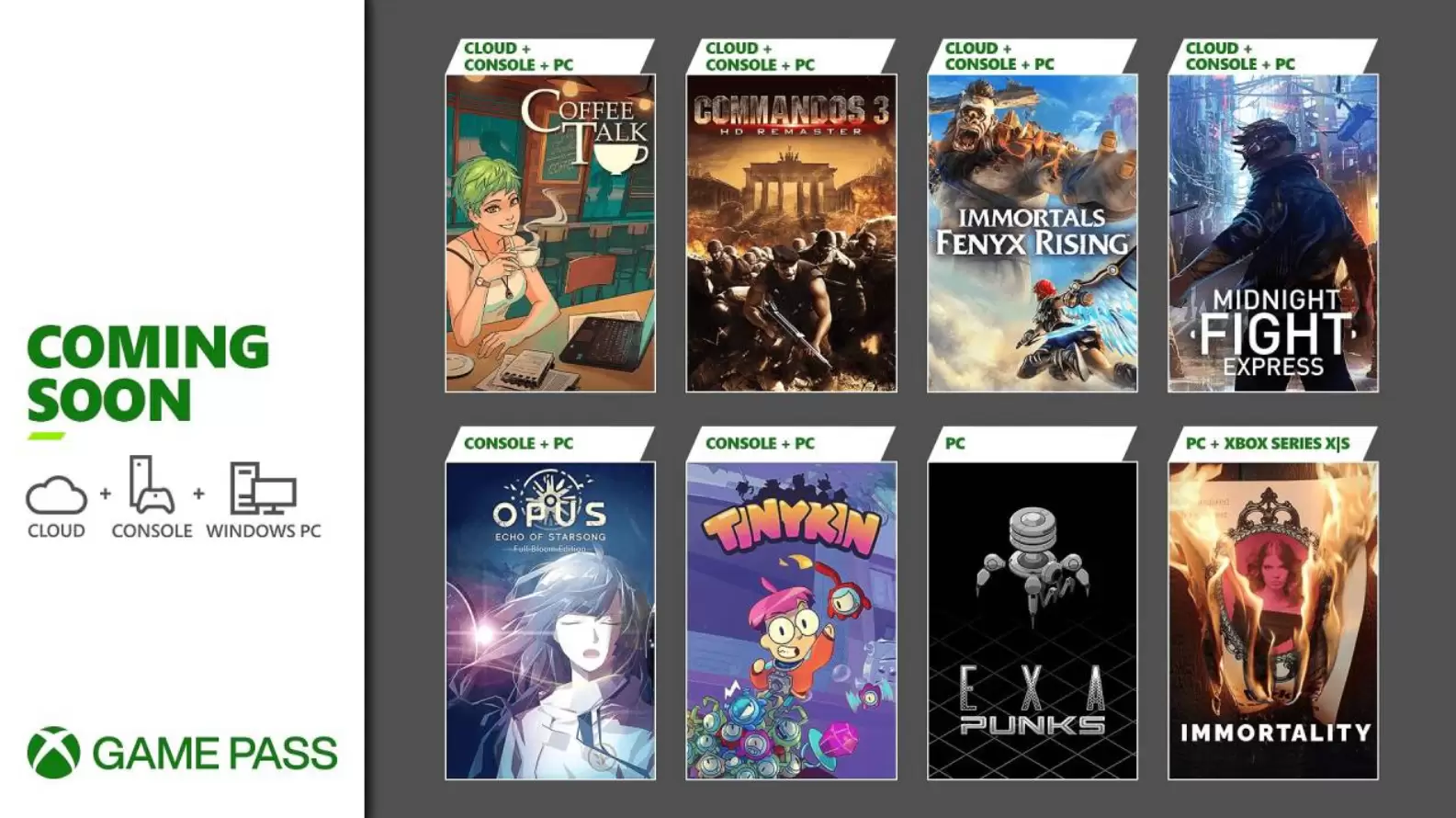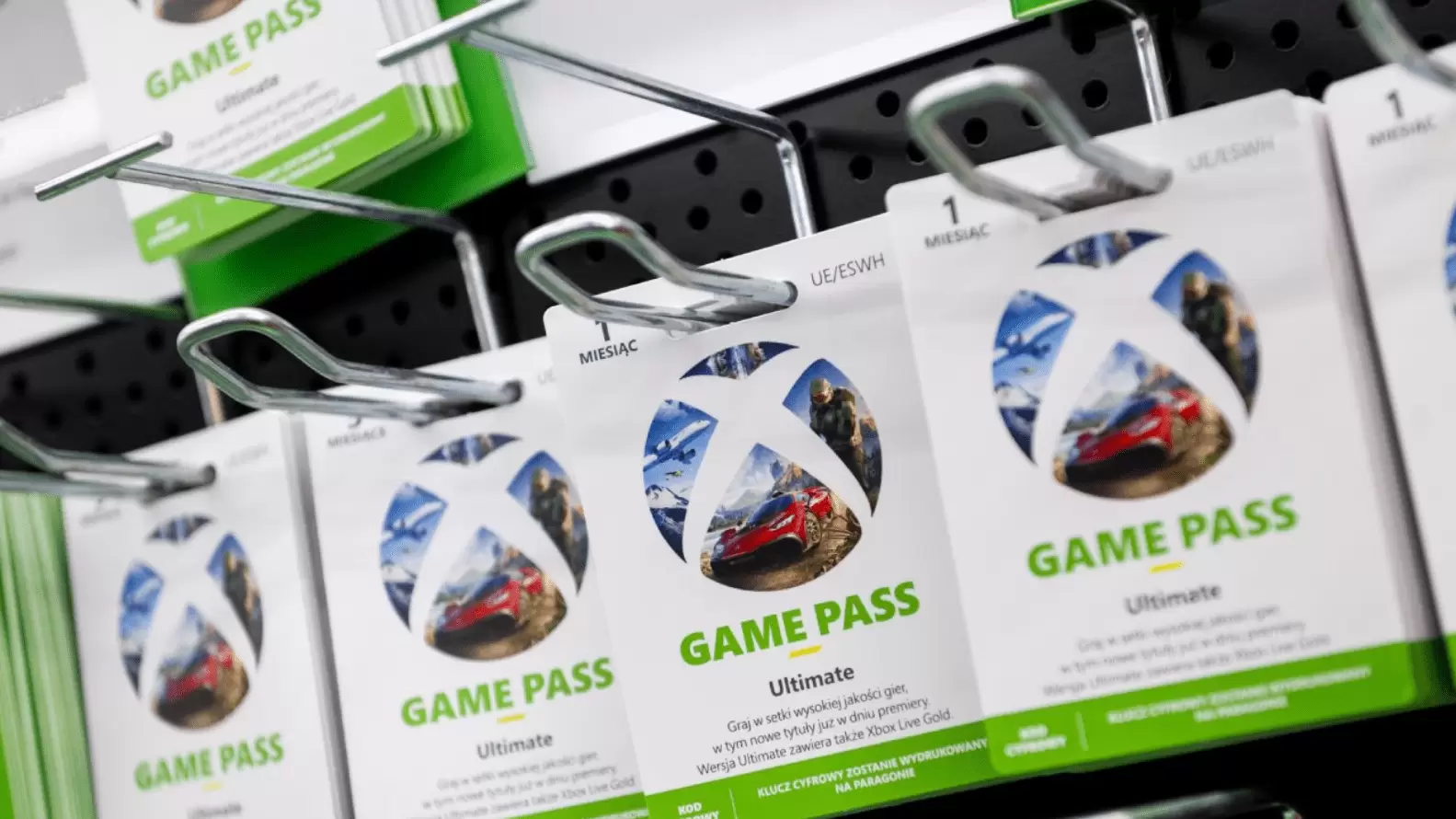I remember when Xbox Game Pass was thrown into the all-in hype wagon when it first came out. One subscription, a bucket of games, and a chance to play big releases on day one without the whole hit to the pocket. Microsoft called it the “Netflix for games,” and for some time, it really seemed to be the number-one reason for purchasing an Xbox console. My Series X was bought in anticipation that it would bring forth a mine of games.
The years down the line have not featured the same reality. Even those releases like Call of Duty have not pushed Xbox sales as much as Microsoft had predicted. Recently, some analysis of the industry suggested that the Game Pass might have been hurting console sales quite silently. Developers are getting to some extent to wonder whether the service can work at all as it was meant to go.
A report by analytics company NewU, shared in the Gamewise podcast, figured out how subscribers are really using the service. Even after spending all the money for studios and day-one releases, it seems Xbox players just use the games in the same way as PlayStation players do. This goes against the original idea that unlimited access will make someone play more or even buy more consoles.

Emanuel Rosier, NewU’s director of market intelligence, pointed out that Game Pass can hurt sales. For instance, take Call of Duty: Black Ops 6. It launched immediately on Game Pass, whereas Xbox sales numbers were much lower in comparison to the past titles. NewU only counts games that were played for at least 2 hours because most of the players now tend to sample a game and move on. I have seen it myself; I would download a game and play for an hour, then jump to the next one without finishing.
This two-hour shuffle is a problem. Most games need more than a couple of hours to really show what they’re all about. However, with so many titles out there, players just find it easier to switch if it doesn’t hook them straight away. This actually hurts games that thrive on story, strategy, or a gradual progression of play.
This situation is not limited to Xbox. Similar trends are happening with PlayStation Plus, but Game Pass has a larger impact owing to its huge library of games and day-one releases. Ironically, for Microsoft. They have expanded the scope of that service like never before; Game Pass works now on PC, mobile cloud, Amazon Fire TV, and the forthcoming Rogue Xbox Ally handheld. Yet, arguably, this service may not have crossed over into the “must have” category, driving console sales. Even Phil Spencer, who up until recently had emphasized the importance of Game Pass, now describes it as “just another option.”
This shift speaks volumes. While Microsoft still owns Activision Blizzard, which is one of the largest publishers worldwide, it nevertheless recently let some employees go, despite record numbers of players and hours being invested. The paradox is obvious: the platform is being used widely, but it is somewhat down on sales.
The major question is whether Game Pass is a roadblock for the developers. A lot of the publishers are reluctant to release a game without making a deal since the sales for an Xbox-only release might not exceed their expectations. But the money that they receive from Game Pass in advance is many times less than what they would expect from a full-price sale. This creates a very difficult cycle: fewer tradable purchases mean more dependence on subscription payouts, which might not be enough in the long run.
For gamers, Game Pass offers an extensive selection. It could, however, also work against it. The larger the game library, the less the chance of actually finishing a game. Myself? A dozen titles tried in a month, two finished, tops. Super fun, but nothing really good for the developer, nor is it counted seriously for classic sales.
Microsoft is caught in a catch-22. They could fine-tune the service and lose a bunch of their subscribers. Or keep the model alive, and face the consequences for regular game sales. Other subscription models would be running through a wall similar to this, too. If this turns out to be the case, it could be a trend in gaming in general.

The one factor we are still left hanging about tending to is how many of the games in Game Pass are actually completed? It’s easy to give a shot at a game, but much harder to finish it. If the large majority of the subscriber base is merely testing games and then moving on, this could point to the service promoting diversity rather than true engagement.
Microsoft keeps pushing for the Game Pass in their key strategy, but is it worth questioning if this subscription model is really going to be the future, or just some distraction whereby players will keep bouncing from one game to another endlessly? I have really been enjoying it, though I can’t help but feel that the Game Pass could be one of the reasons why some Xbox games are not selling very well anymore. You may also be interested in: Halo and Helldivers: A Crossover That Could Shake the Gaming World



